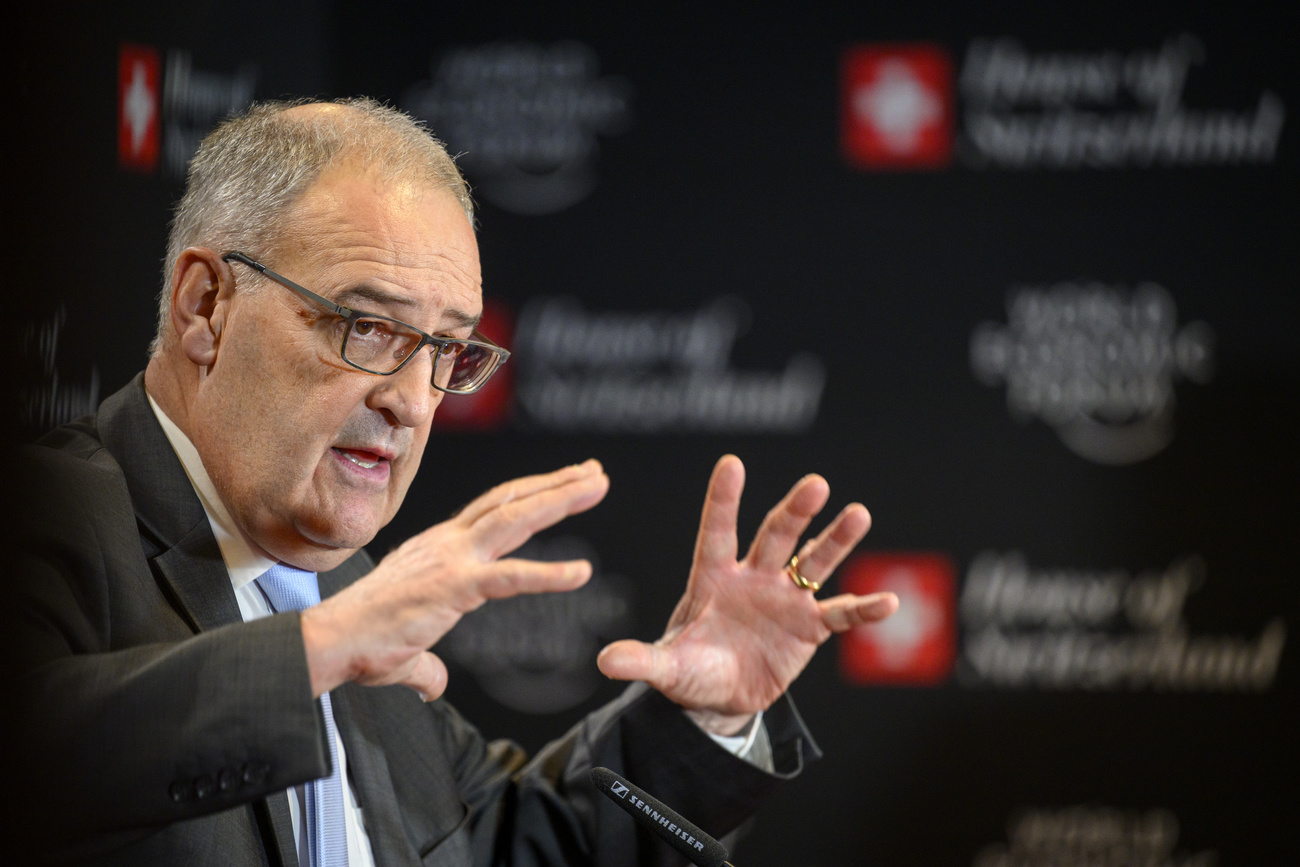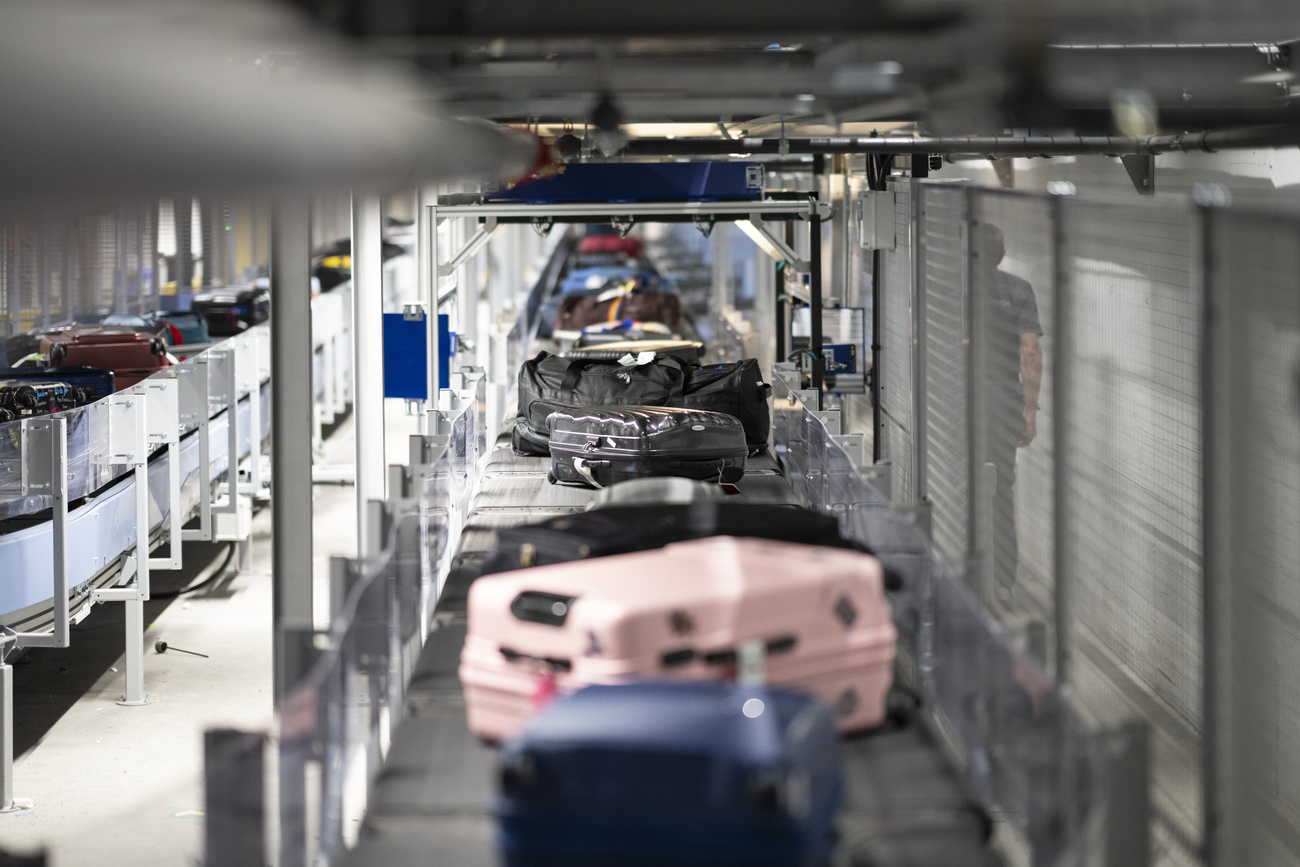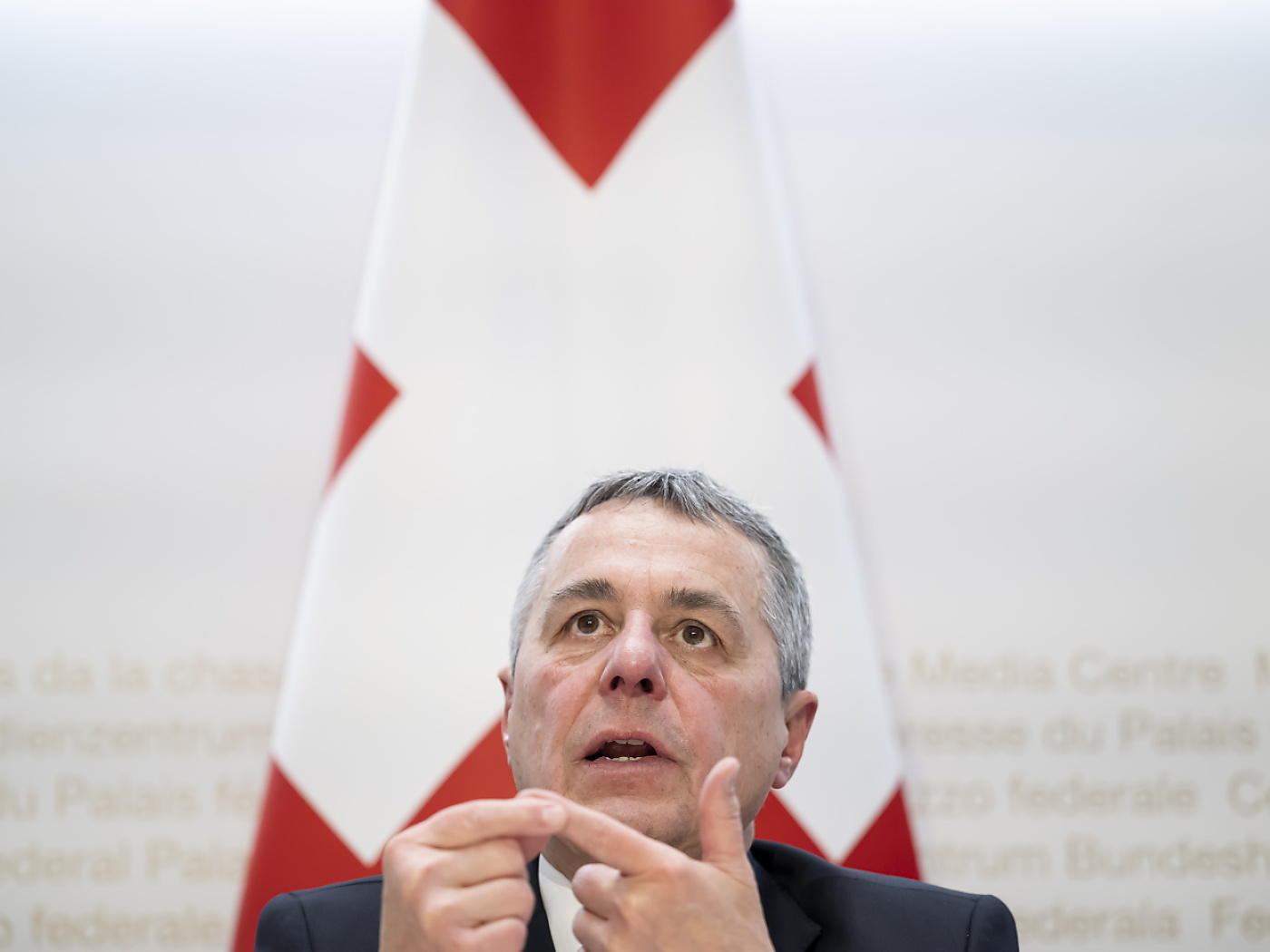India eyes $100bn investment deal with Switzerland and Norway

India is close to finalising a first-of-its-kind trade deal that could see a small group of European nations invest as much as $100 billion (CHF87 billion) over 15 years in exchange for easier trade access to the world’s most populous nation, according to people with knowledge of the matter.
The European Free Trade Association (EFTA), which comprises Switzerland, Norway, Iceland and Liechtenstein, made a commitment to invest in India as part of a trade pact that’s in the final stages of negotiations, the people said, asking not to be identified as the talks are still ongoing.
The contours of the deal have been agreed and deliberations currently centre on the final investment amount, which could be as much as $100 billion over 15 years, some of the people said. While India wants the commitment to be legally binding, one of the European officials said the amount will likely be framed as a goal, with no legal means to claim it included in the language of the agreement.
If finalised, it would mark the first time an investment commitment of this nature is secured by India as part of a free trade agreement.
Switzerland’s Economics Minister Guy Parmelin said last month that the outline of a deal had been agreed upon, without giving details. Legal clarifications are currently being rushed so the deal can be signed before India holds elections likely from April, a European official with knowledge of the matter said.
+ Swiss economics minister in India for final push on EFTA trade agreement
India’s commerce ministry didn’t immediately respond when contacted by Bloomberg News.
The Swiss economics ministry said in a statement that the text of the agreement is “still to be finalised and both parties have agreed not to disclose the details at this stage”. The main points where agreement has been reached include “patent protection, which was controversial in the past, as well as a new type of investment promotion chapter”, it said.
Norway’s government declined to comment on the terms of the deal.
Trade bloc
Switzerland is by far India’s largest commercial partner among the members of the EFTA bloc, which comprises European nations which are not members of the European Union. Swiss two-way trade with India amounted to $17.14 billion in the 2022-23 fiscal year, out of $18.66 billion with the whole group.
For EFTA countries, the agreement – which has been 16 years in the making – will allow manufacturers to export processed food and beverages, electrical machinery, and other engineering products at reduced tariffs to a potential market of 1.4 billion people. The deal is also likely to benefit the pharmaceutical and medical devices industry of the bloc.
India is attracting investor interest from several countries as businesses look to diversify their supply chains from China and seek new growth markets. India expects growth of about 7% in the fiscal year beginning in April, making it one of the fastest-expanding major economies in the world. The United Arab Emirates is also considering investing as much as $50 billion in India.
The investment in India from EFTA countries would mostly come from private businesses and state-sponsored vehicles and would be targeted towards existing and new manufacturing projects, according to people familiar with the discussions. The investment will see more than one million jobs created in India, one of the people said.
The deal would also ensure easier movement of Indian professionals to the bloc and market access for some agricultural products, the people said. While Switzerland – the biggest economy in the EFTA bloc – is usually very protective of its farmers, easier market access for Indian rice could be acceptable since Switzerland only produces marginal quantities itself, a person familiar with the negotiations said.
This news story has been written and carefully fact-checked by an external editorial team. At SWI swissinfo.ch we select the most relevant news for an international audience and use automatic translation tools such as DeepL to translate it into English. Providing you with automatically translated news gives us the time to write more in-depth articles. You can find them here.
If you want to know more about how we work, have a look here, and if you have feedback on this news story please write to english@swissinfo.ch.

In compliance with the JTI standards
More: SWI swissinfo.ch certified by the Journalism Trust Initiative


















You can find an overview of ongoing debates with our journalists here . Please join us!
If you want to start a conversation about a topic raised in this article or want to report factual errors, email us at english@swissinfo.ch.